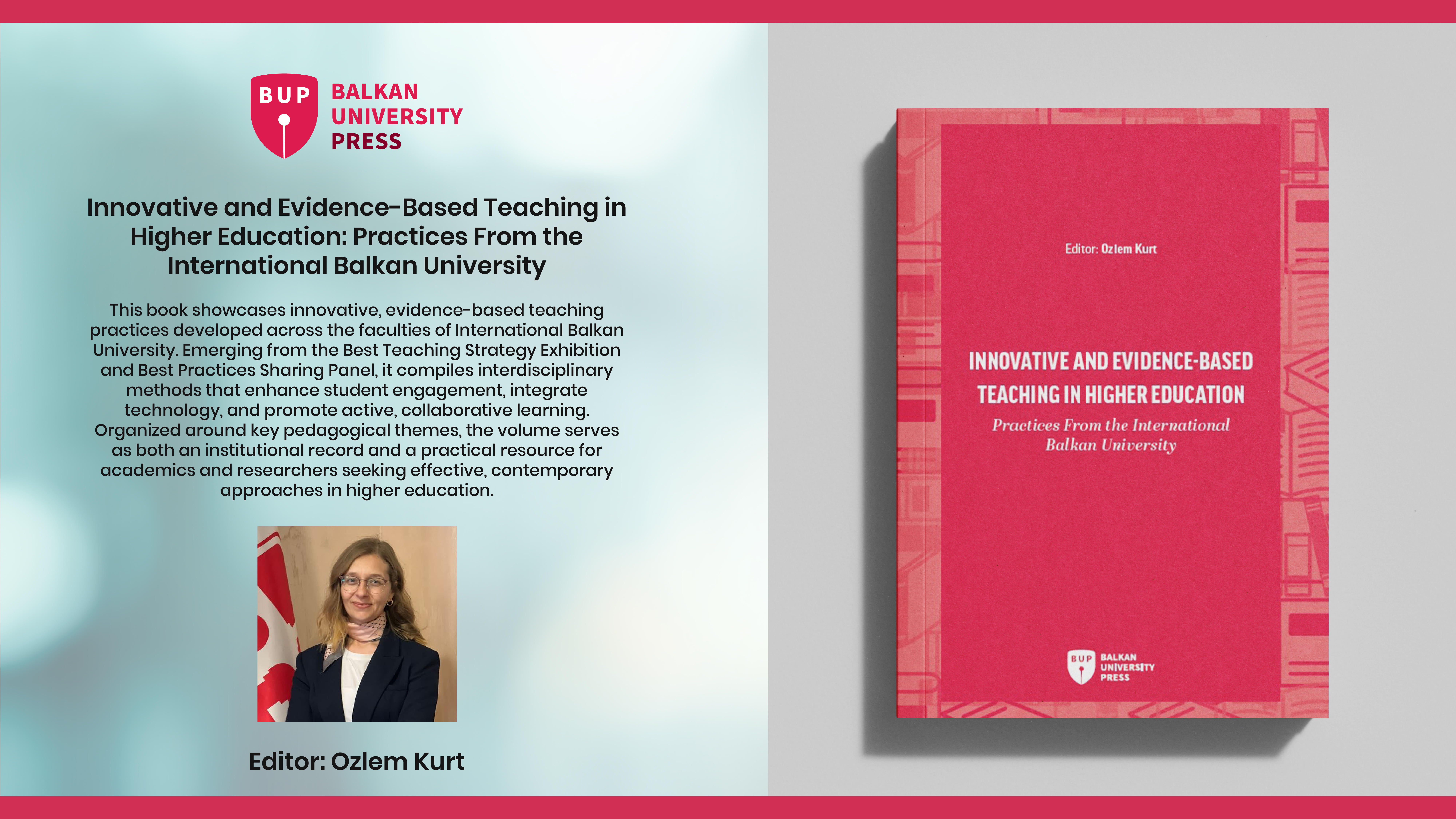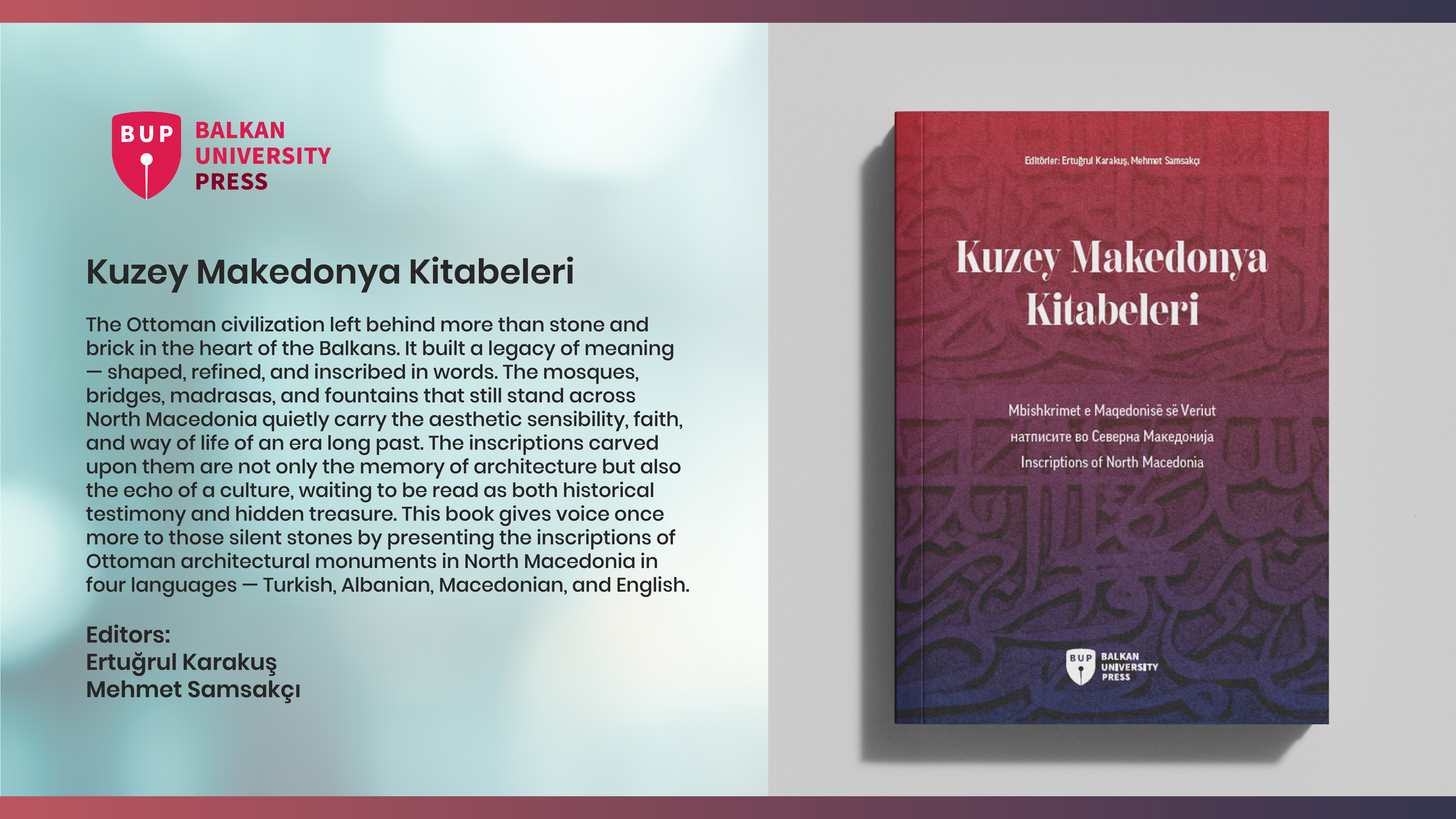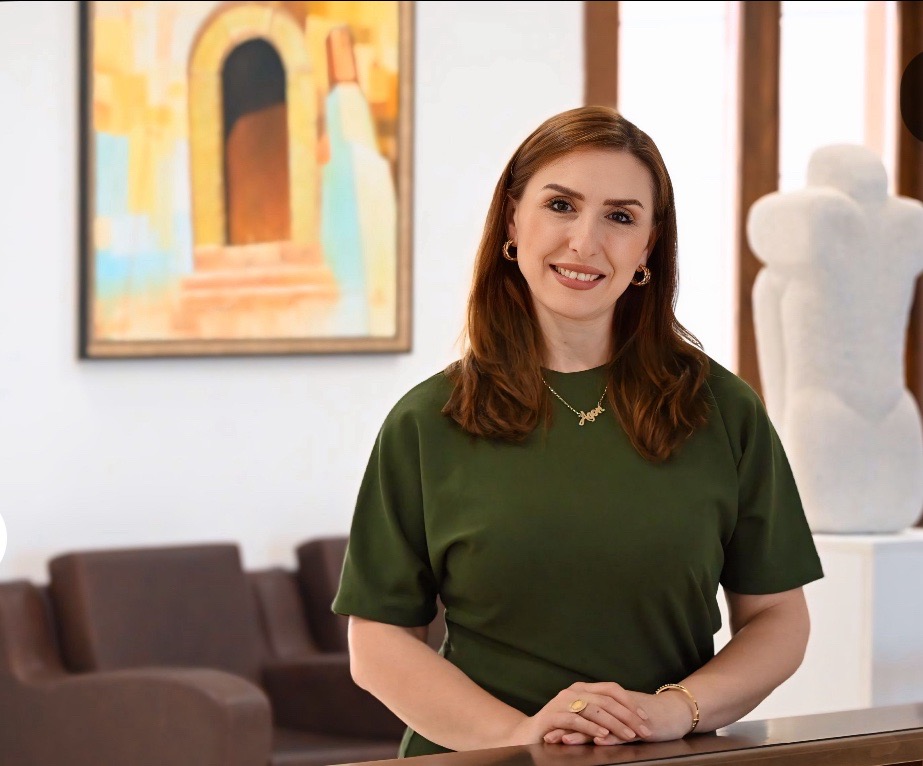
BUP Interview With Assoc. Prof. Igballe Miftari-Fetishi
Balkan University Press is pleased to share an interview with Assoc. Prof. Igballe Miftari-Fetishi, the author of the forthcoming BUP publication titled "An Integrated Approach to Academic Reading".
BUP: Your book emphasizes the integrated skills approach to academic reading. What motivated you to explore this approach, and how do you see it changing students’ attitudes toward reading in university settings?
IMF: I have always been a bookworm and have believed that due to the passion for reading, I have excelled in knowledge and in language skills. Hence, my book focuses on academic reading within the integrated approach. The integrated approach helps make reading less difficult, as it takes the emphasis away from “reading” and helps develop different skills in learning and acquiring a language. Accordingly, I have seen more interaction and in-class participation and have also noticed that students are more eager to reply to questions, debate in discussions, and think critically about certain issues.
BUP: In your research, you worked with both first- and third-year students. What key differences did you observe in their reading strategies, and how did these differences influence your findings?
IMF: True. I worked with first- and third-year students as the periods of literature differ for both. At the beginning of their studies, students are introduced to Anglo-Saxon literature, much of which is not even understood. During year three, however, they are introduced to Modern literature, where they are more acquainted with the vocabulary and expressions used in literary works. This was, in fact, the hypothesis. The study proved that the first-year students, in fact, were not so far behind and that the strategies that they used were at times even more advanced than those of the latter. I assumed that crucial to this success was student interest and motivation.
BUP: You mention that academic reading is often seen as “difficult, slow, and suffocating.” Could you share a concrete example from your research where integrating skills transformed this perception for students?
IMF: Reading is tied to passion, and nowadays, with all the information provided online, it is a skill that is very difficult to teach. Hence, in the integrated approach, and specifically in the Text-interpreting and the Bloom’s taxonomy sections in the book, I found that students did not hesitate to provide answers, and that they did not hesitate to write samples of sentences using the chosen words. I was surprised to see that they had stored knowledge that they could further use in all the language skills and that they could use the learnt vocabulary and expressions outside of the classroom in their everyday encounters.
BUP: The book discusses teachers’ theories of academic reading versus their actual classroom practices. What were the most striking gaps you found between theory and practice, and how can educators address them?
IMF: Theory and practice are two things that, unfortunately, do not go hand-in-hand in our circumstances. An issue for academic reading is the issue of large groups of students. It is very difficult to manage large groups, monitor reading and comprehension, etc. Another issue was the choice of materials, which the teachers were struggling with. Apparently, their hands were tied in terms of book selection. There was also a difference in what was expected within the syllabus and what the students’ interests were. I suggest a more flexible approach in both the theoretical perspective and the practical part.
BUP: Looking ahead, what recommendations from your book would you prioritize for teachers who want to implement an integrated approach to academic reading in their classrooms, especially in non-English-speaking contexts?
IMF: The issue of teaching academic reading is not new, but while modern approaches are developing, we, too, must change our point of view and our methodology of teaching. I recommend using different approaches to reading, providing a variety of materials and authentic reading materials when possible, and also allowing for a free choice of reading materials. Allowing for autonomy to take place at higher institutions is more than needed. I also recommend other perspectives of integrated academic reading to be investigated, and for others to share their experiences and fill in the gaps that this research might have.
Igballe Miftari-Fetishi, PhD, is an Associate professor of English and Linguistics at International Balkan University, Skopje, North Macedonia. She received her MA and PhD in English Language Teaching (ELT) from the South East European University (SEEU), Tetovo, North Macedonia. Her work experience includes 19 years of teaching ELT to university students, research and published papers, chapters in edited books, and a published book. She is currently Dean of the Faculty of Education at International Balkan University. She is also the Editor-in-Chief of the International Journal of Education and Philology and a member of the self-evaluation and ethical committees at IBU. Her research interests include contemporary teaching, teacher professional development, language and assessment, planning and instruction, as well as second language acquisition. This is the author's second book.





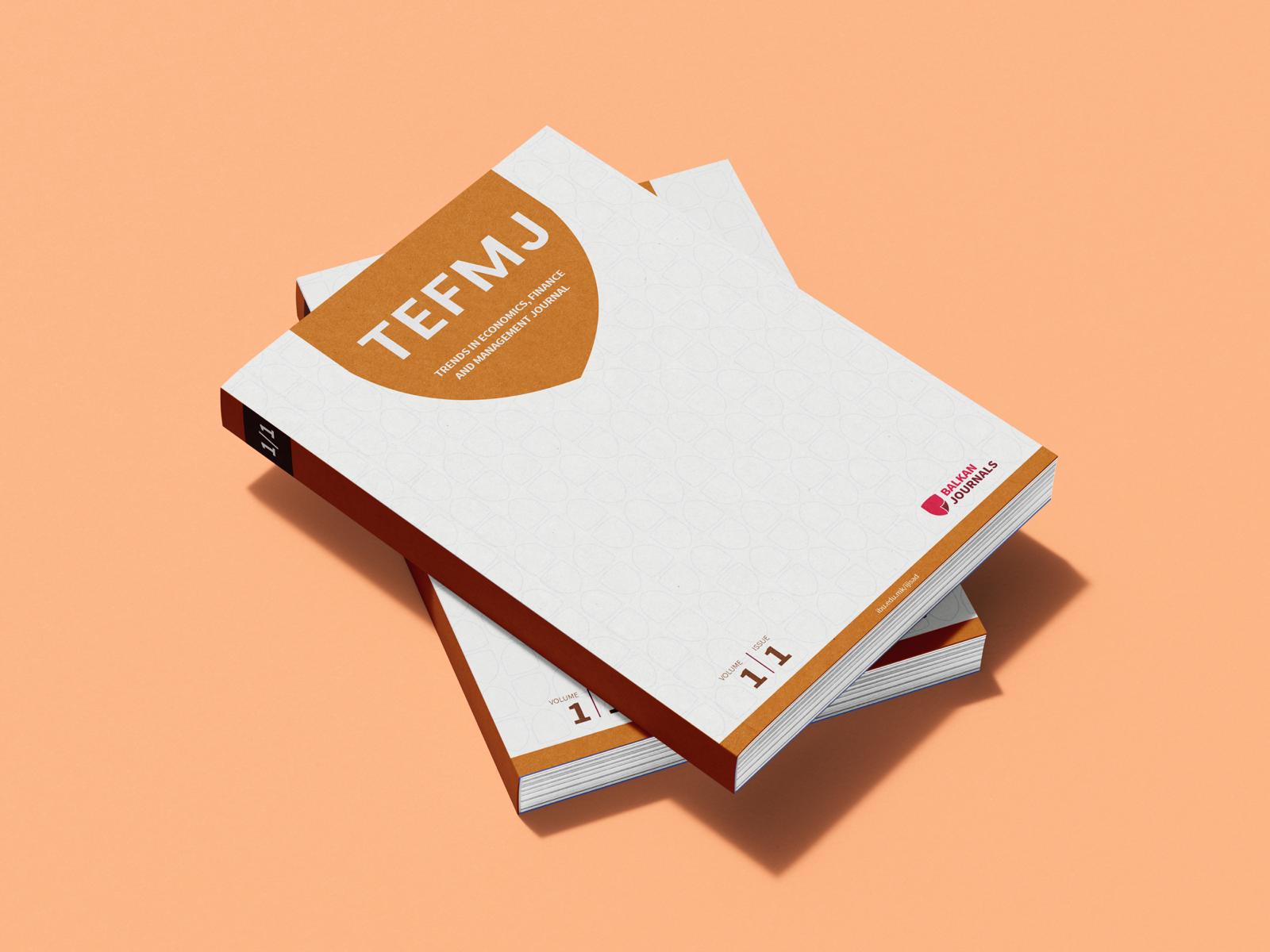
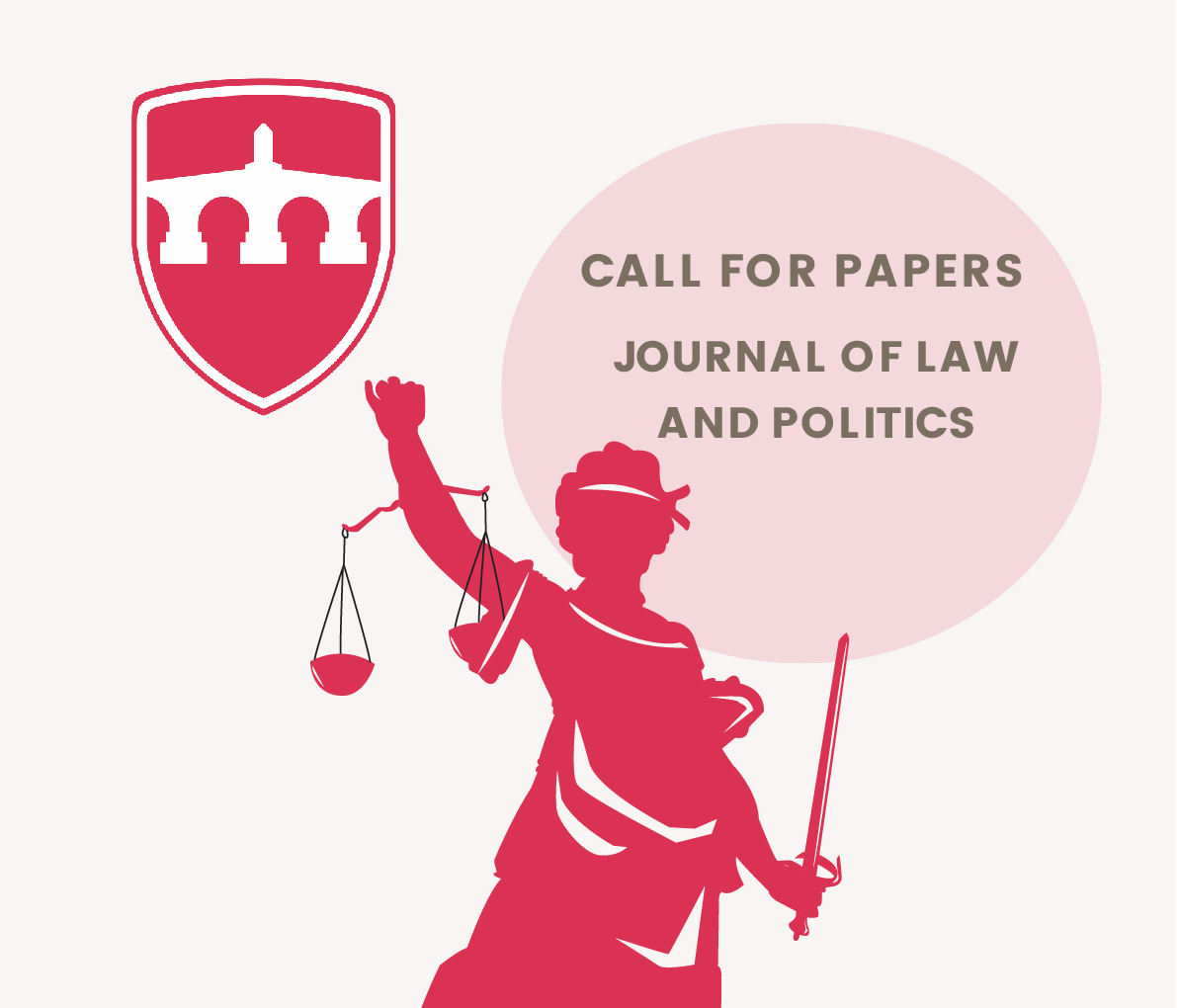
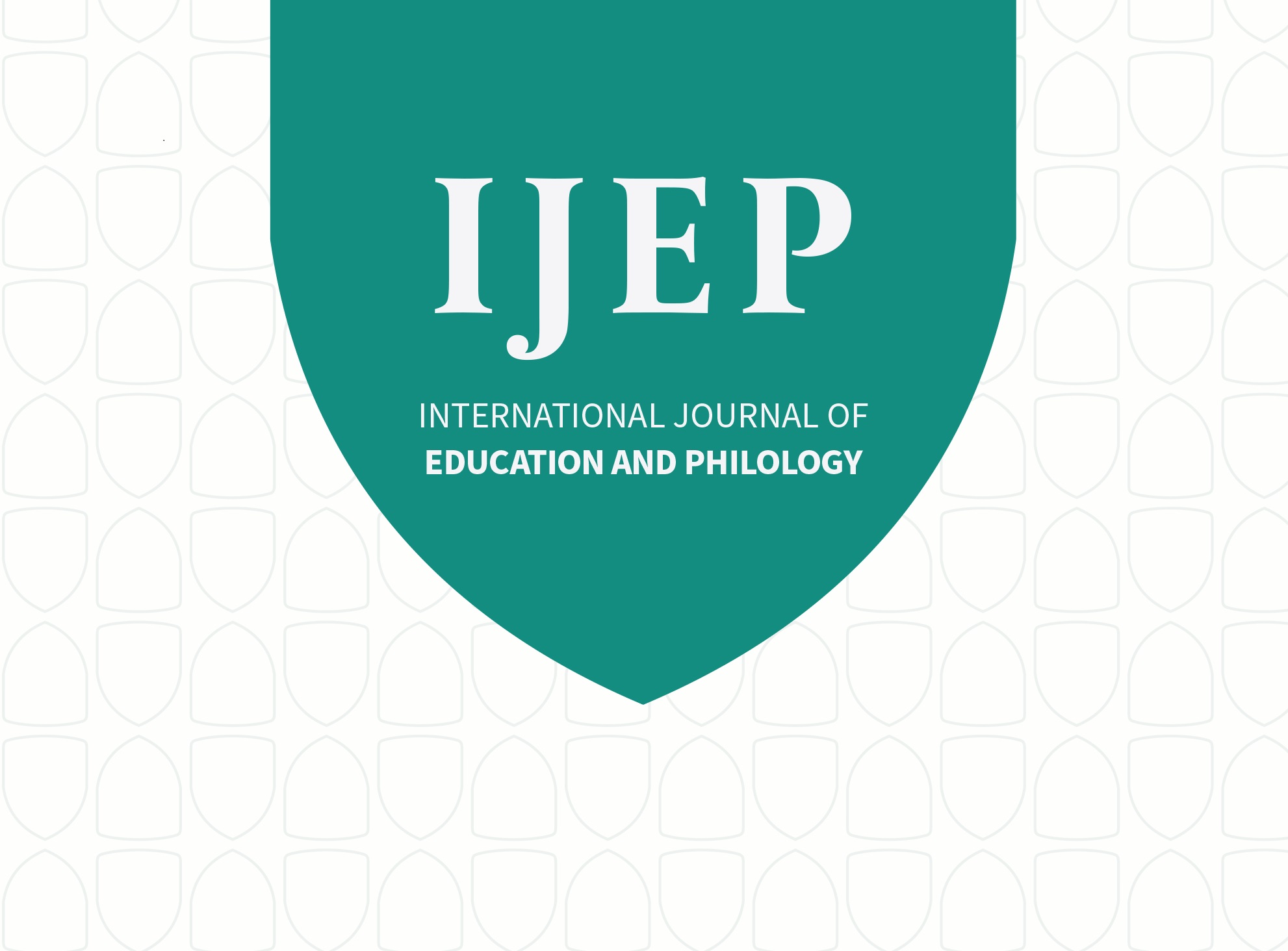









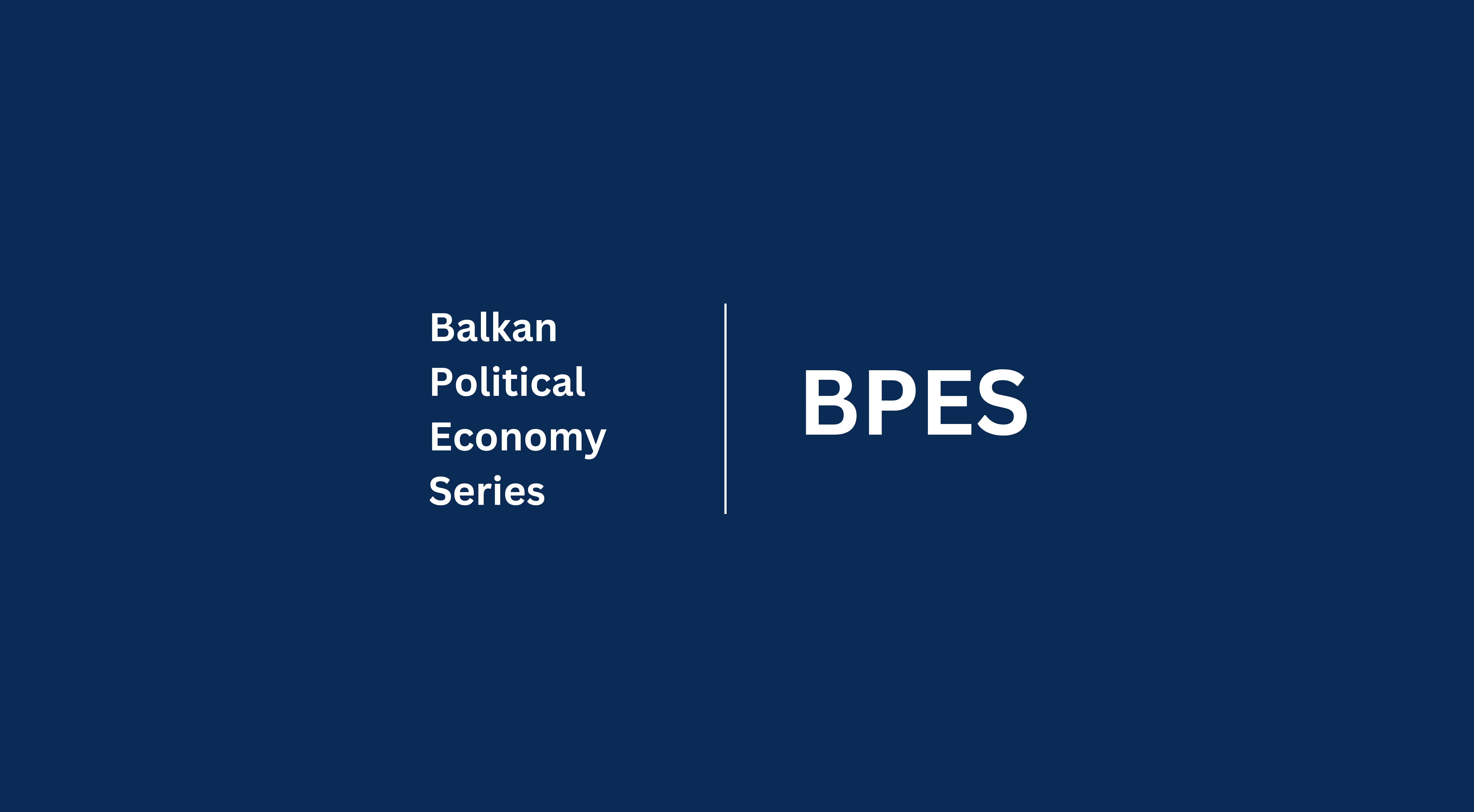

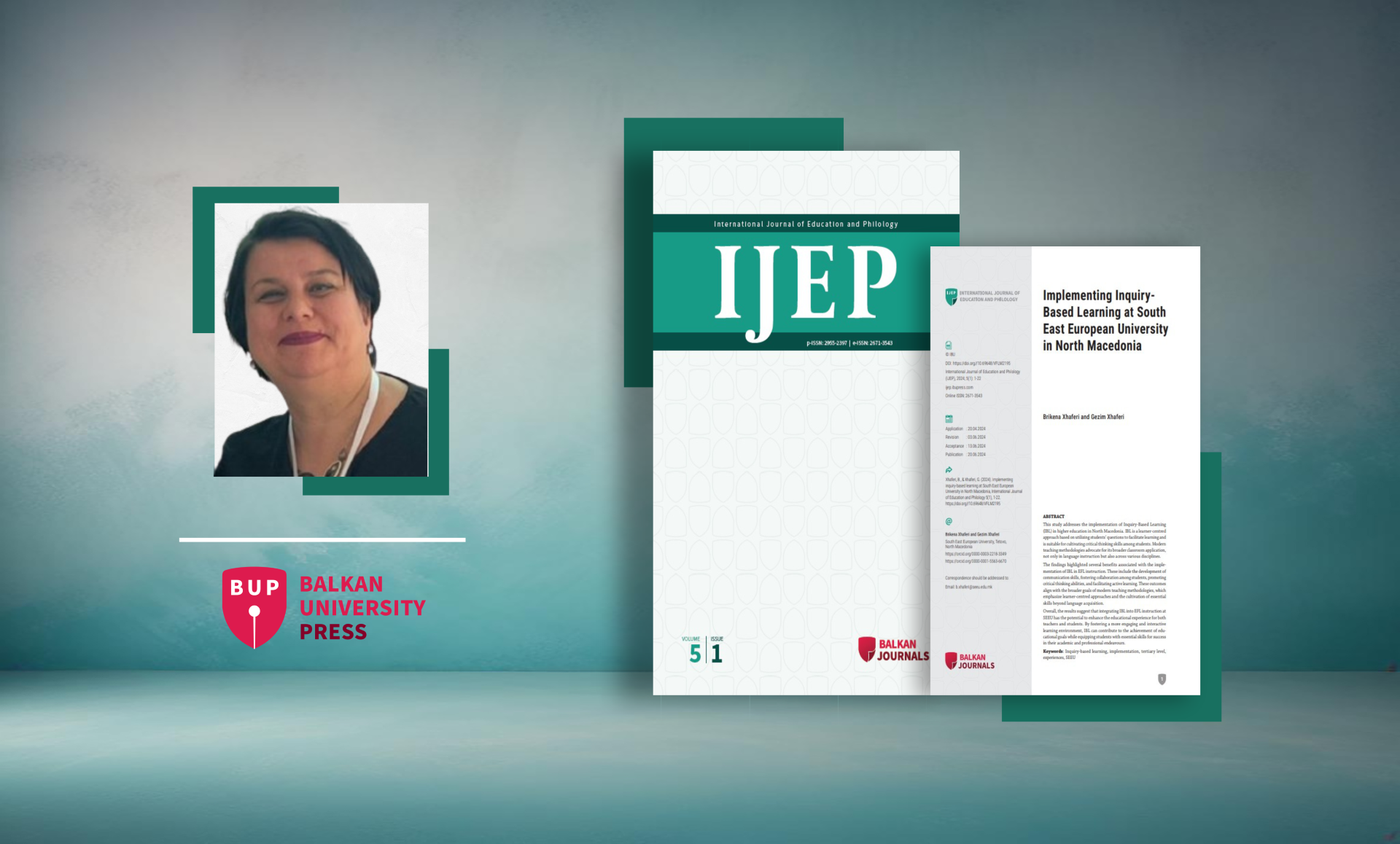
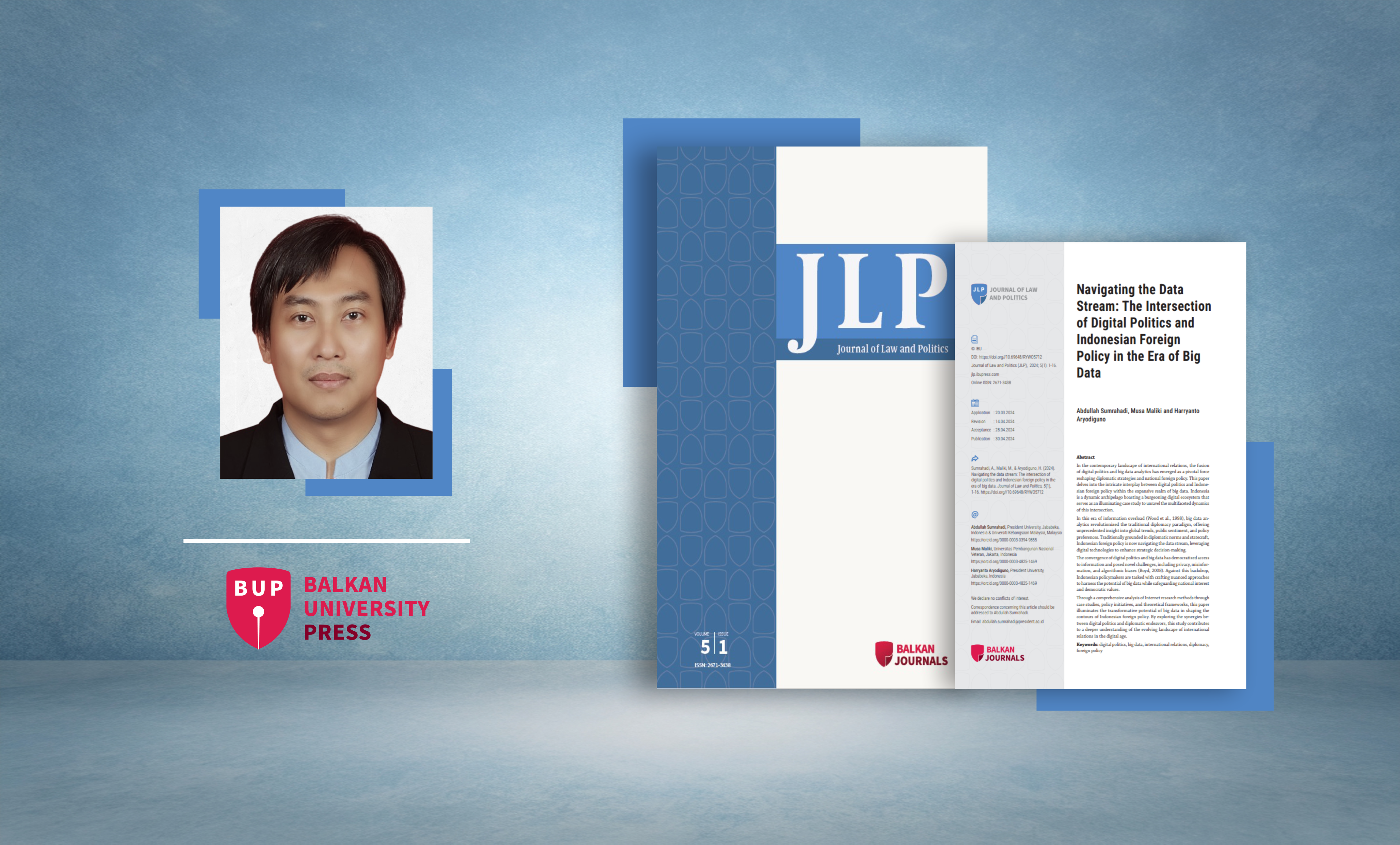
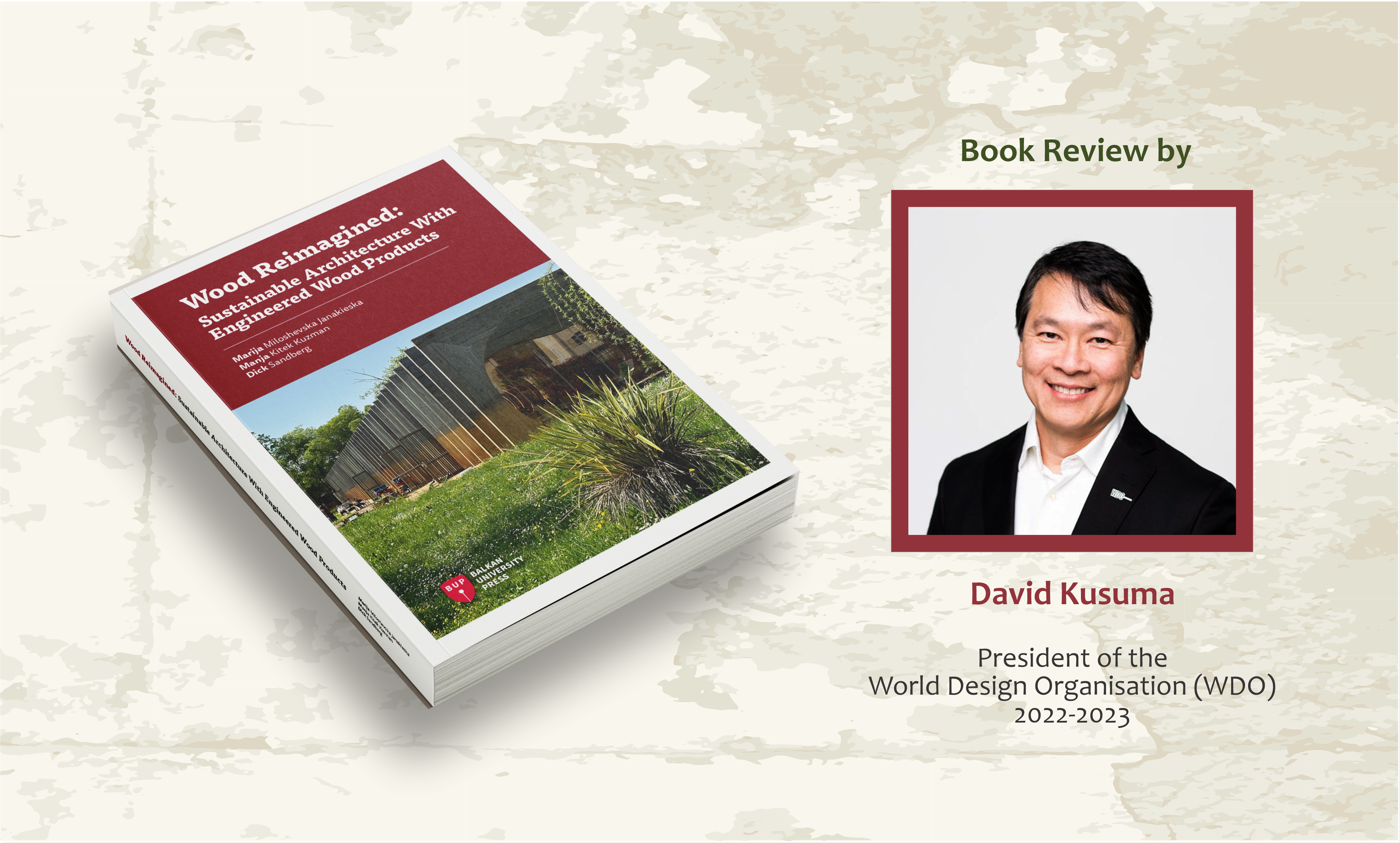

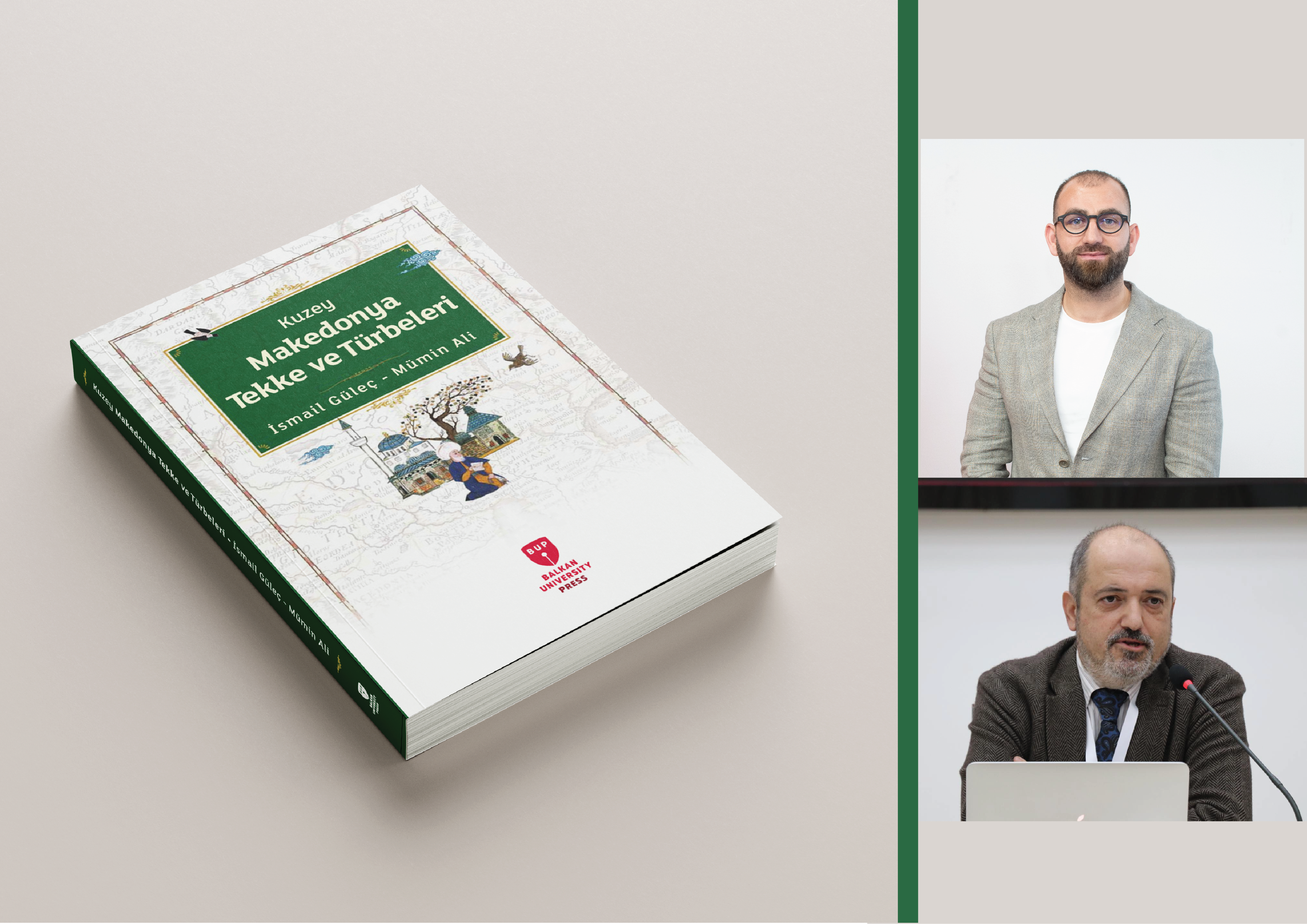
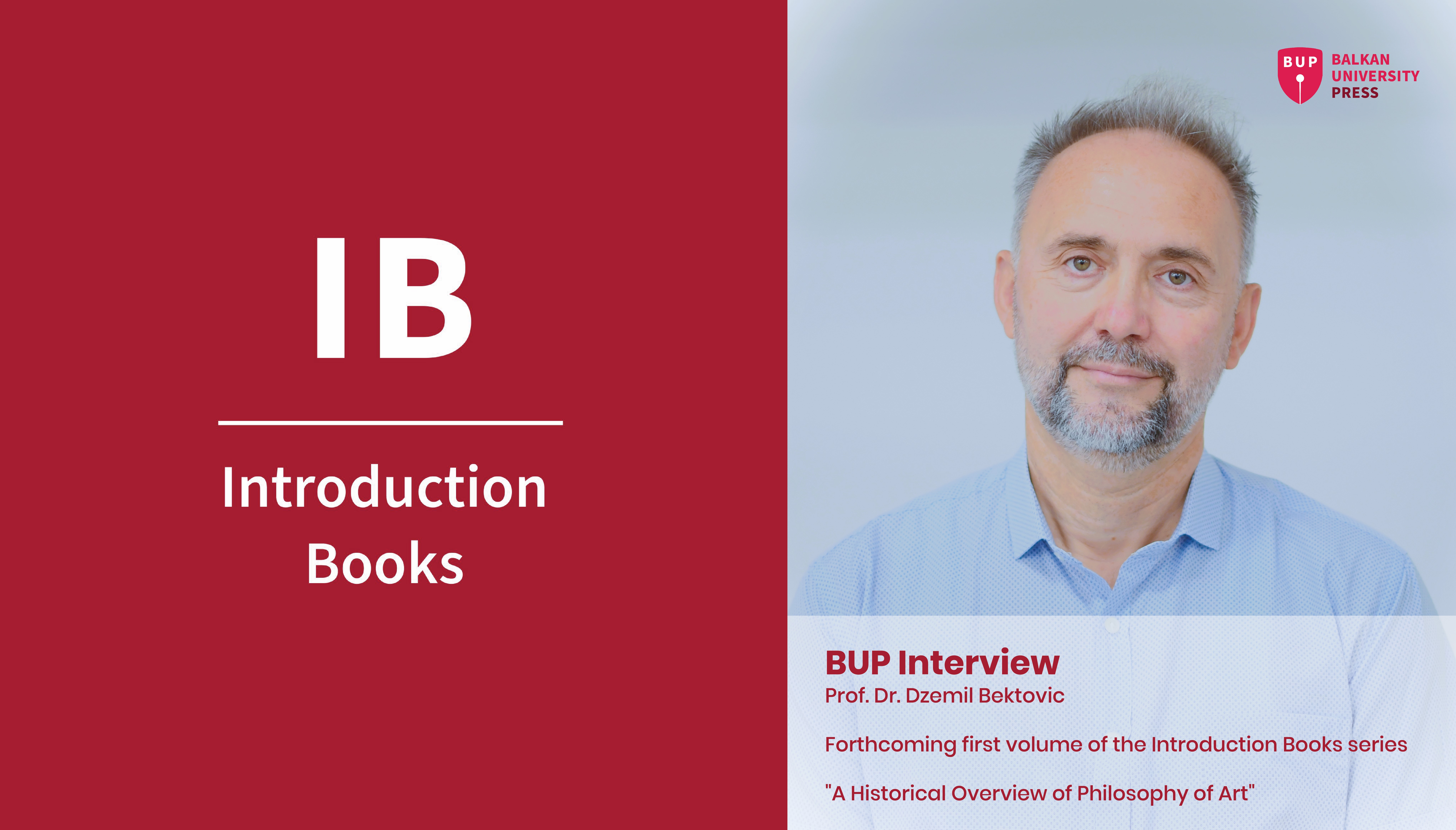
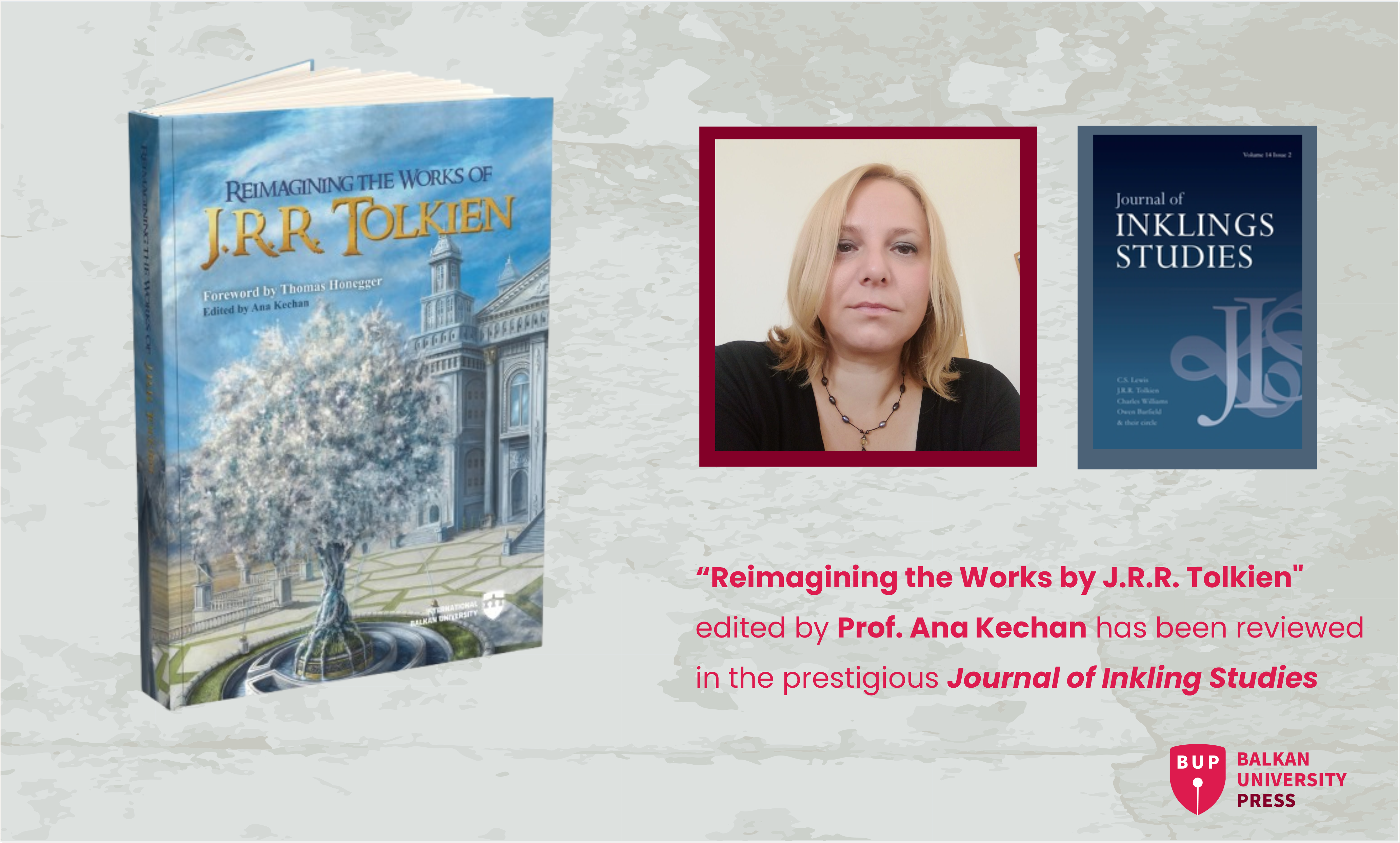
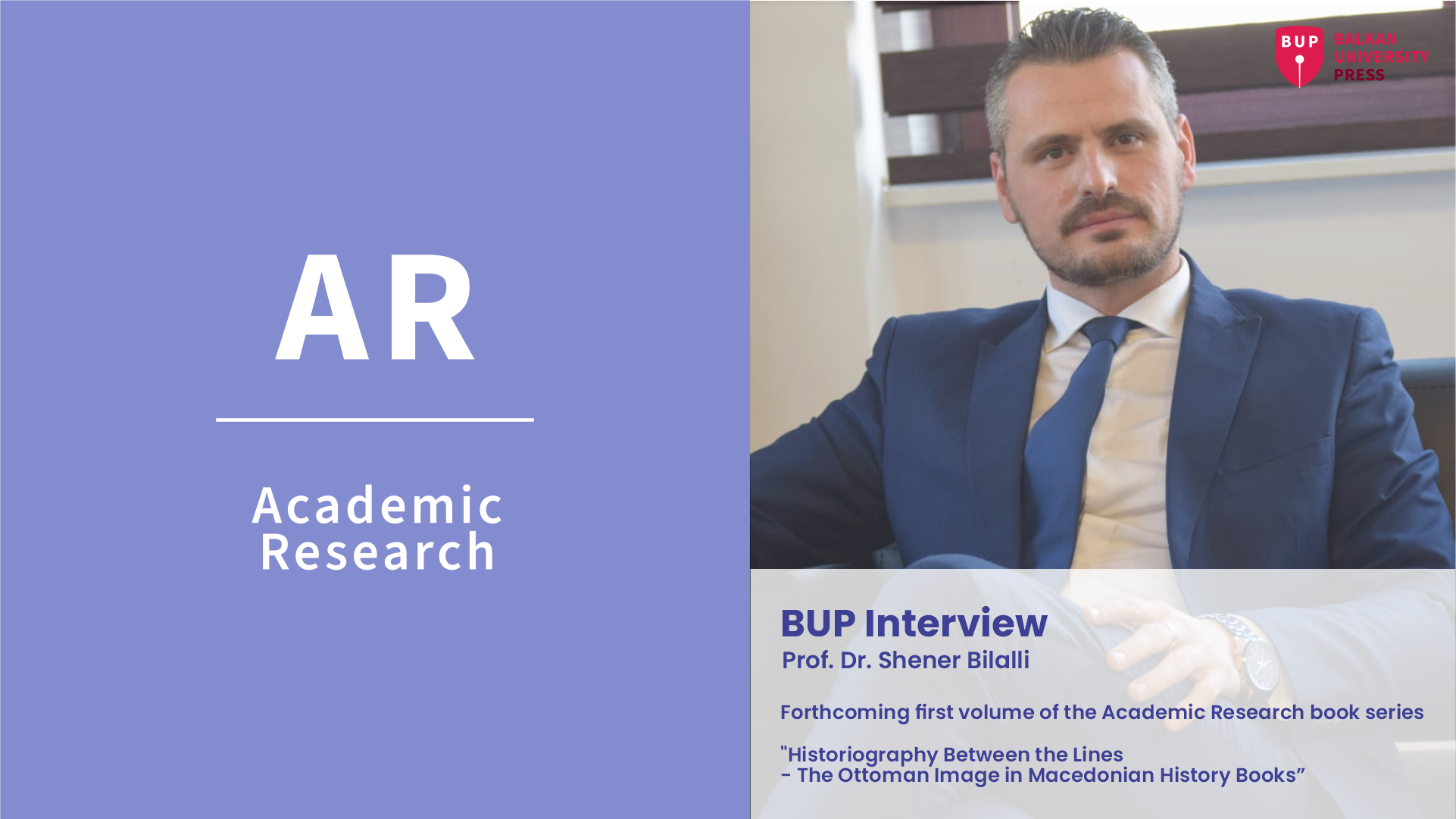
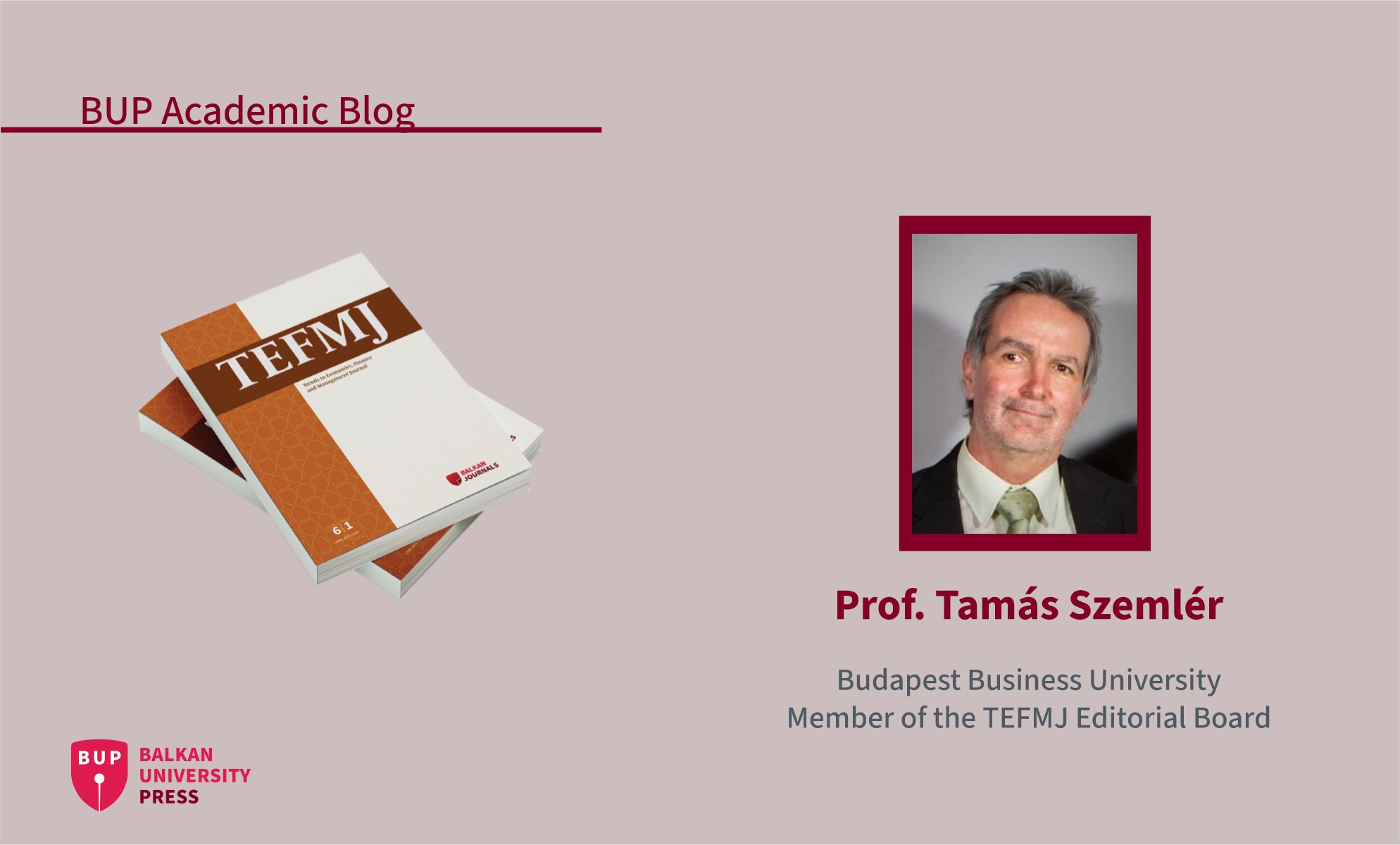
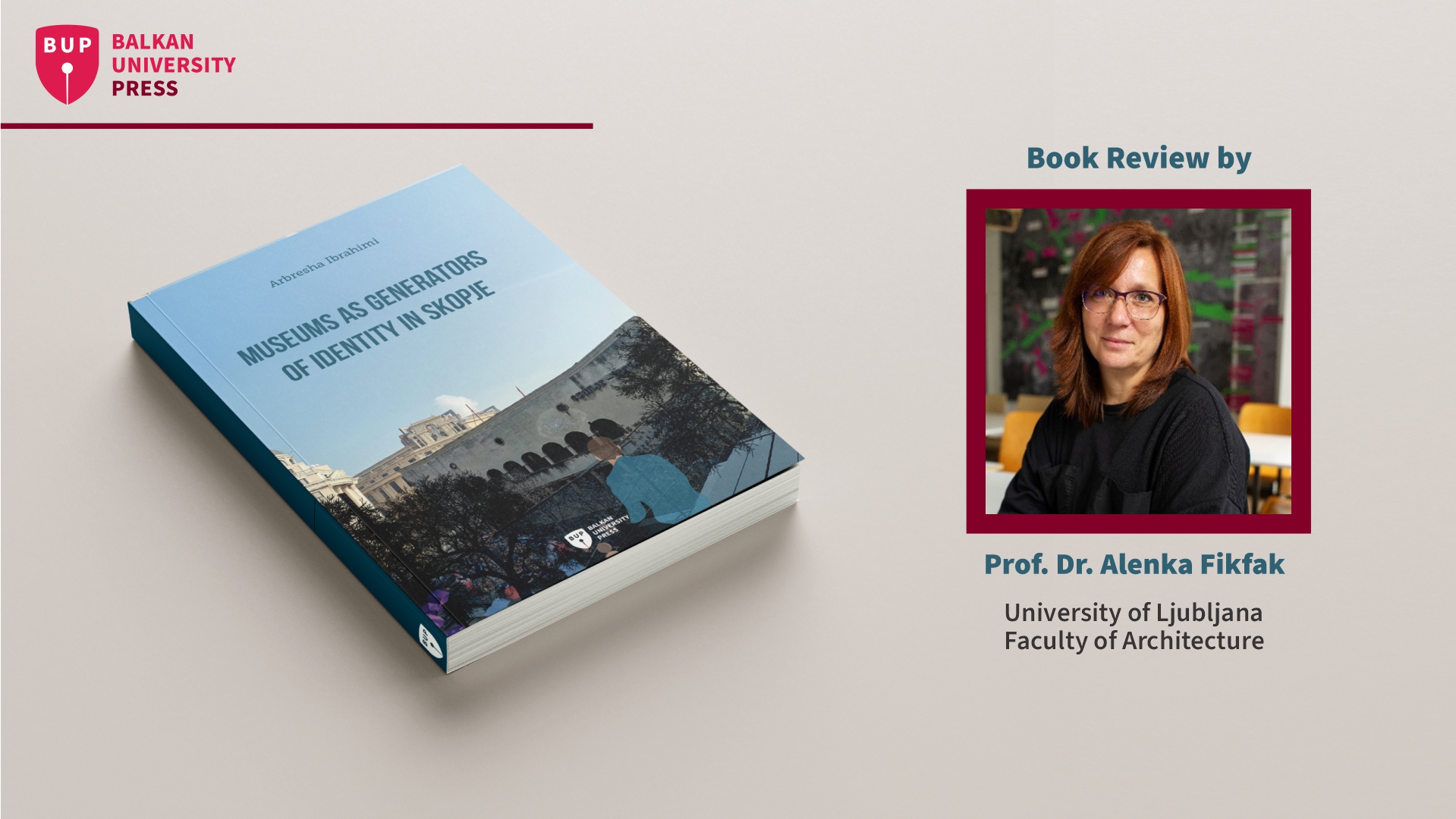

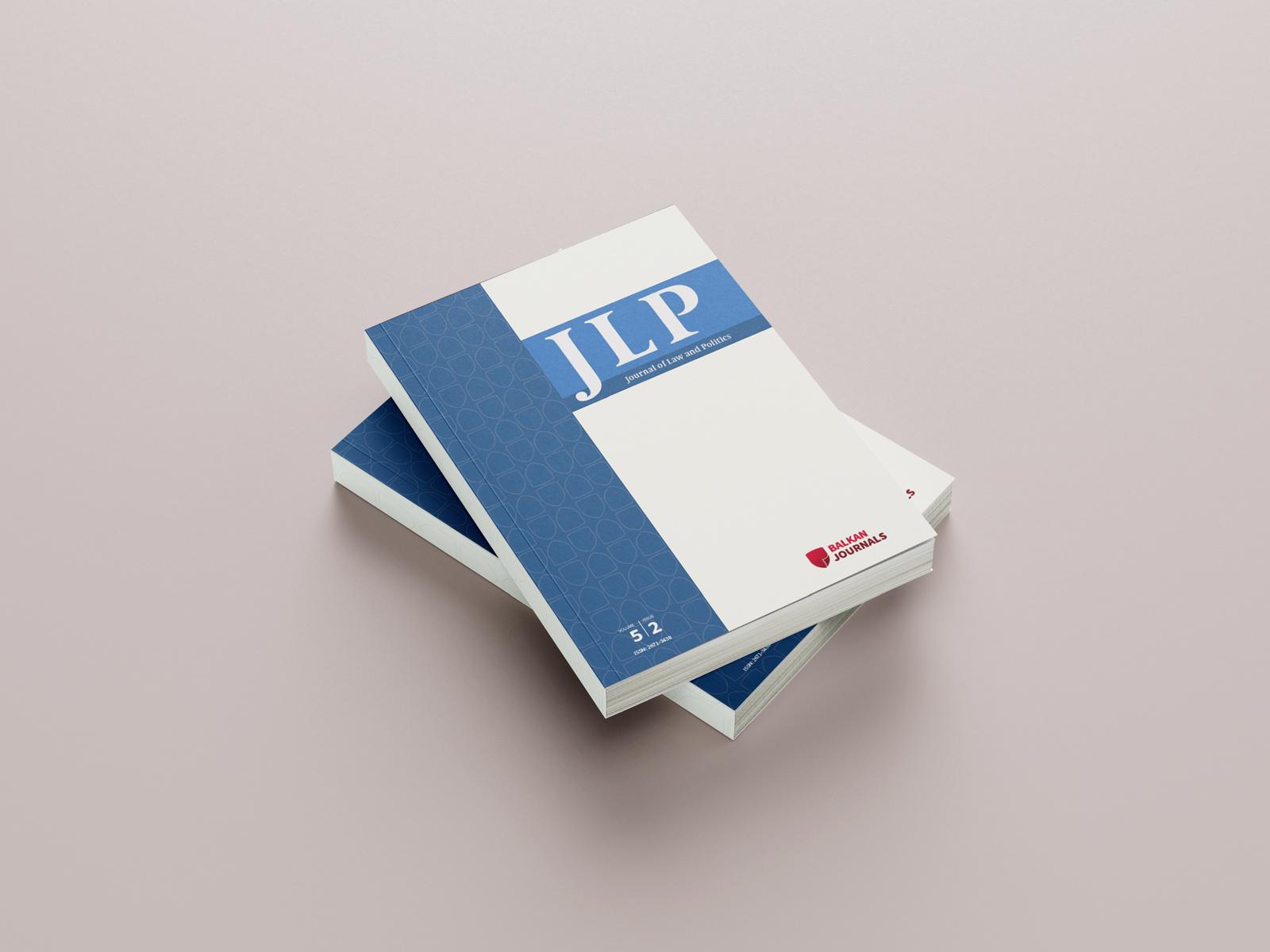

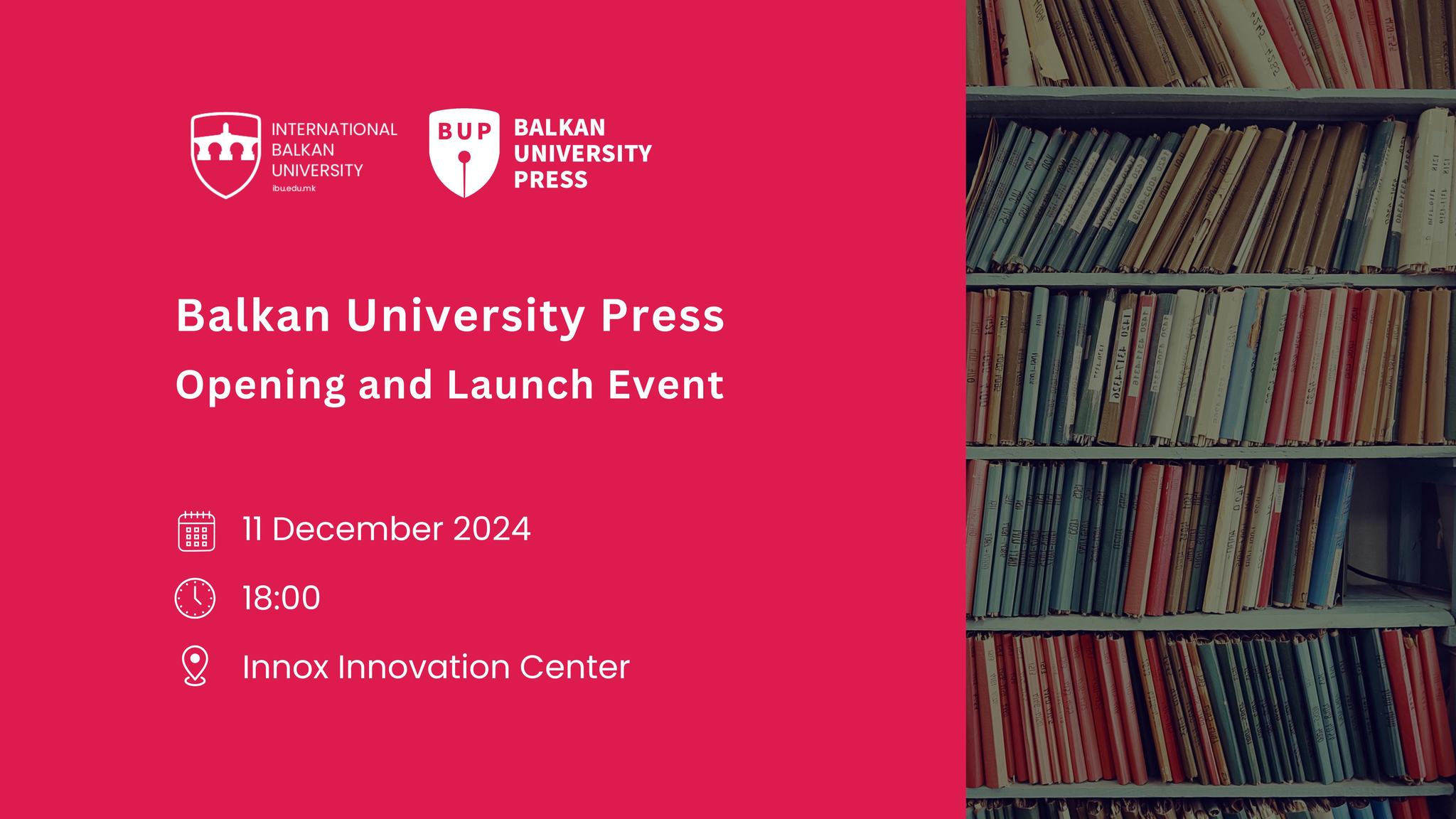
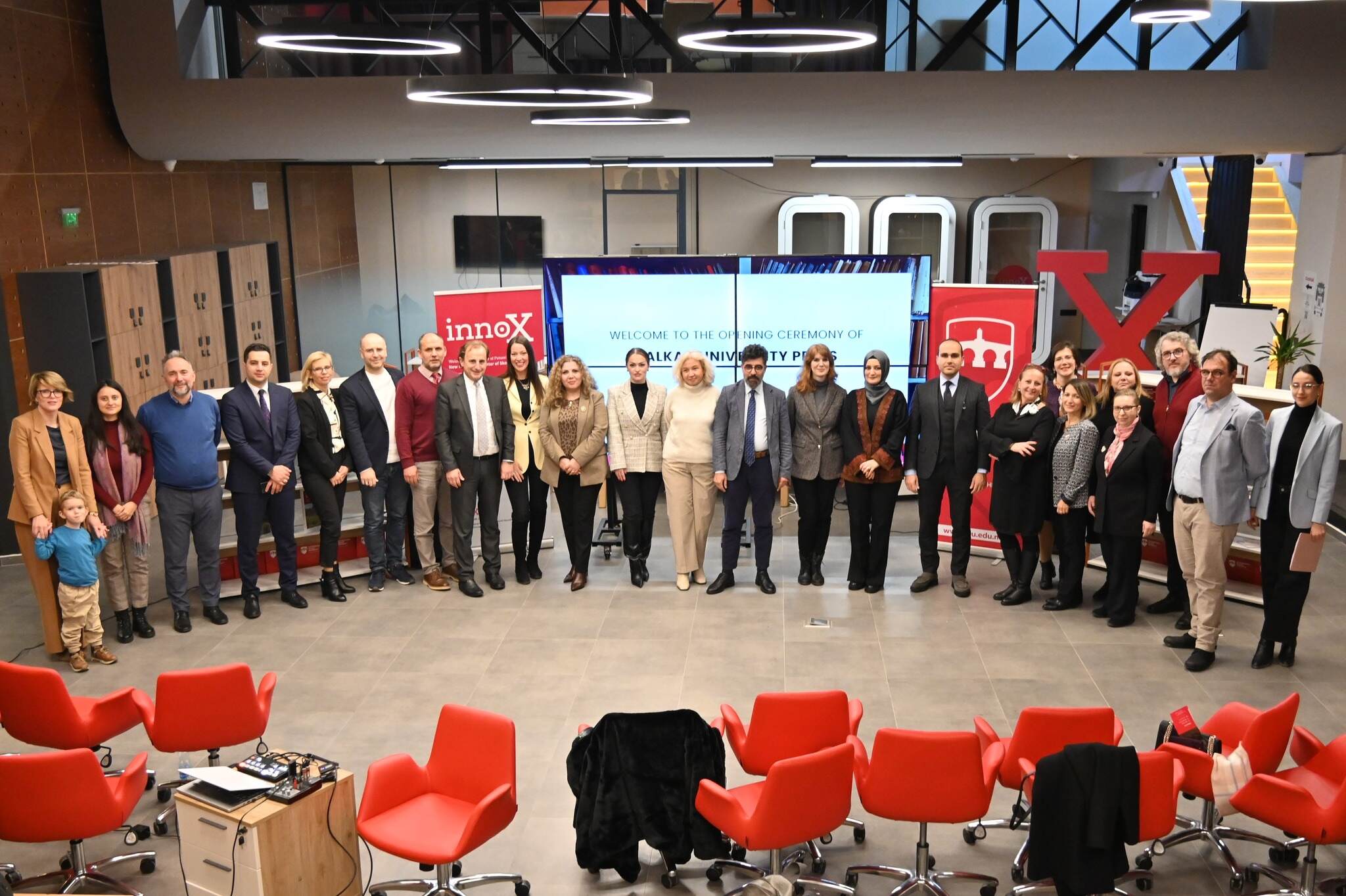


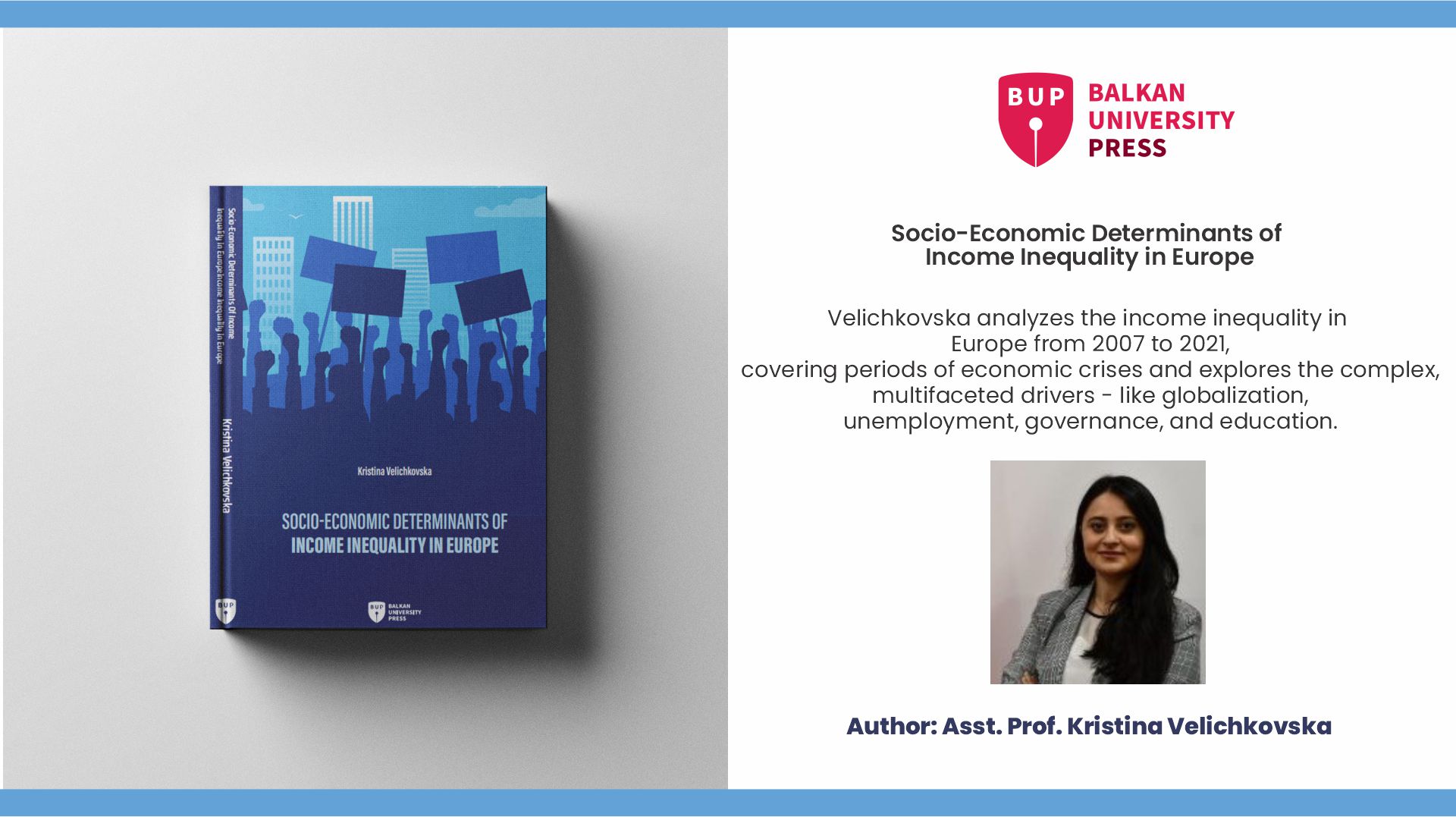
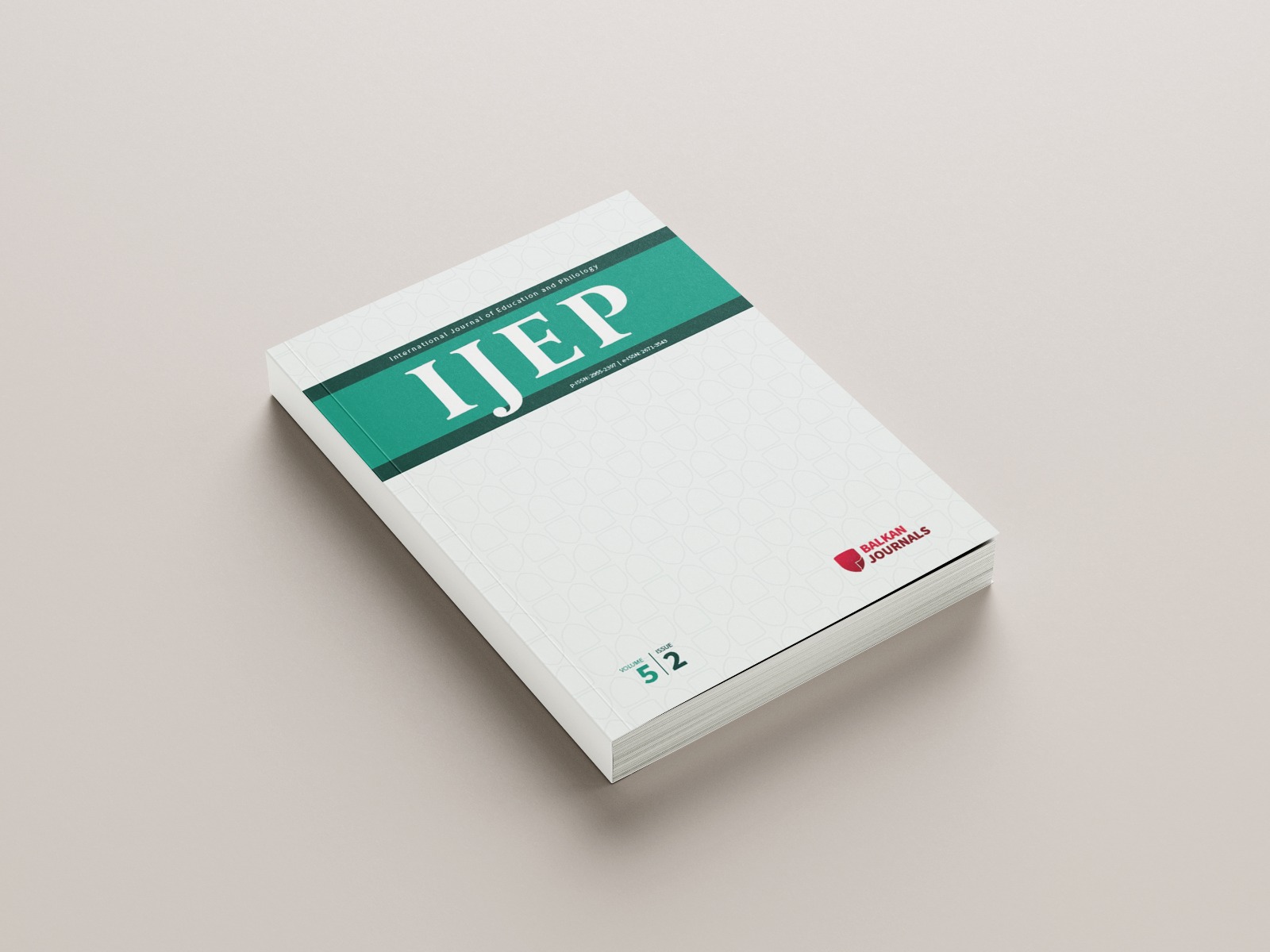

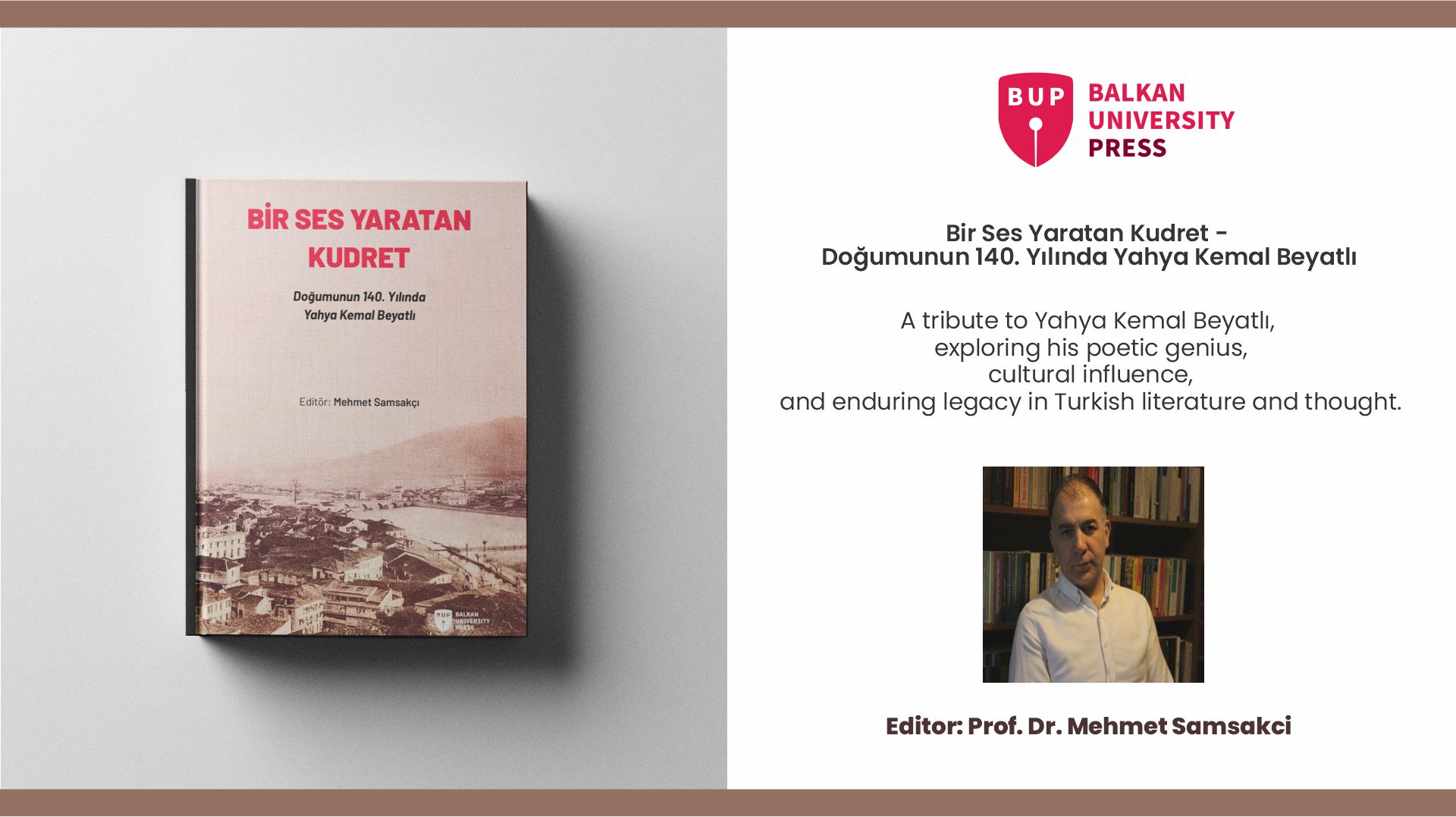
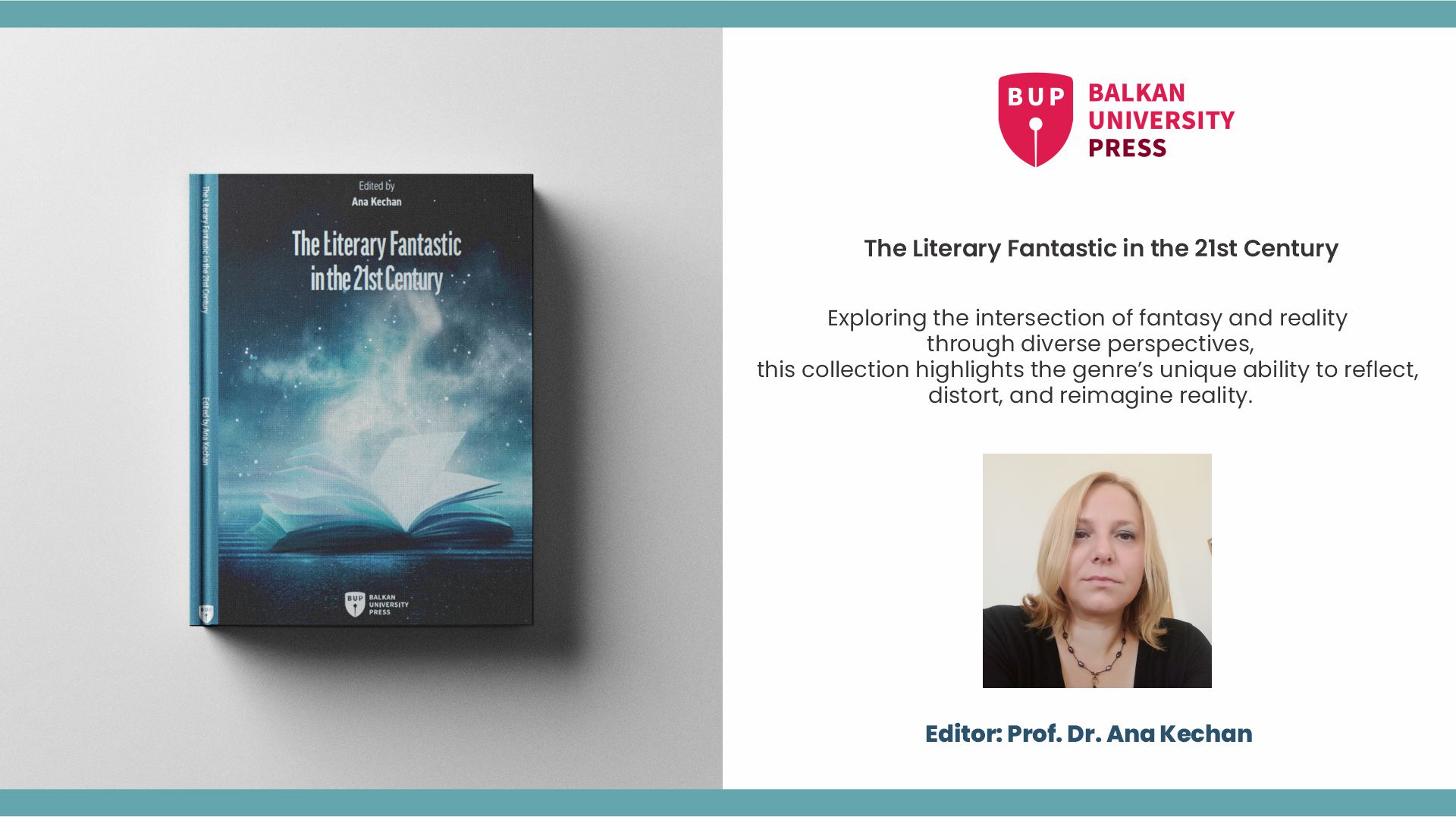
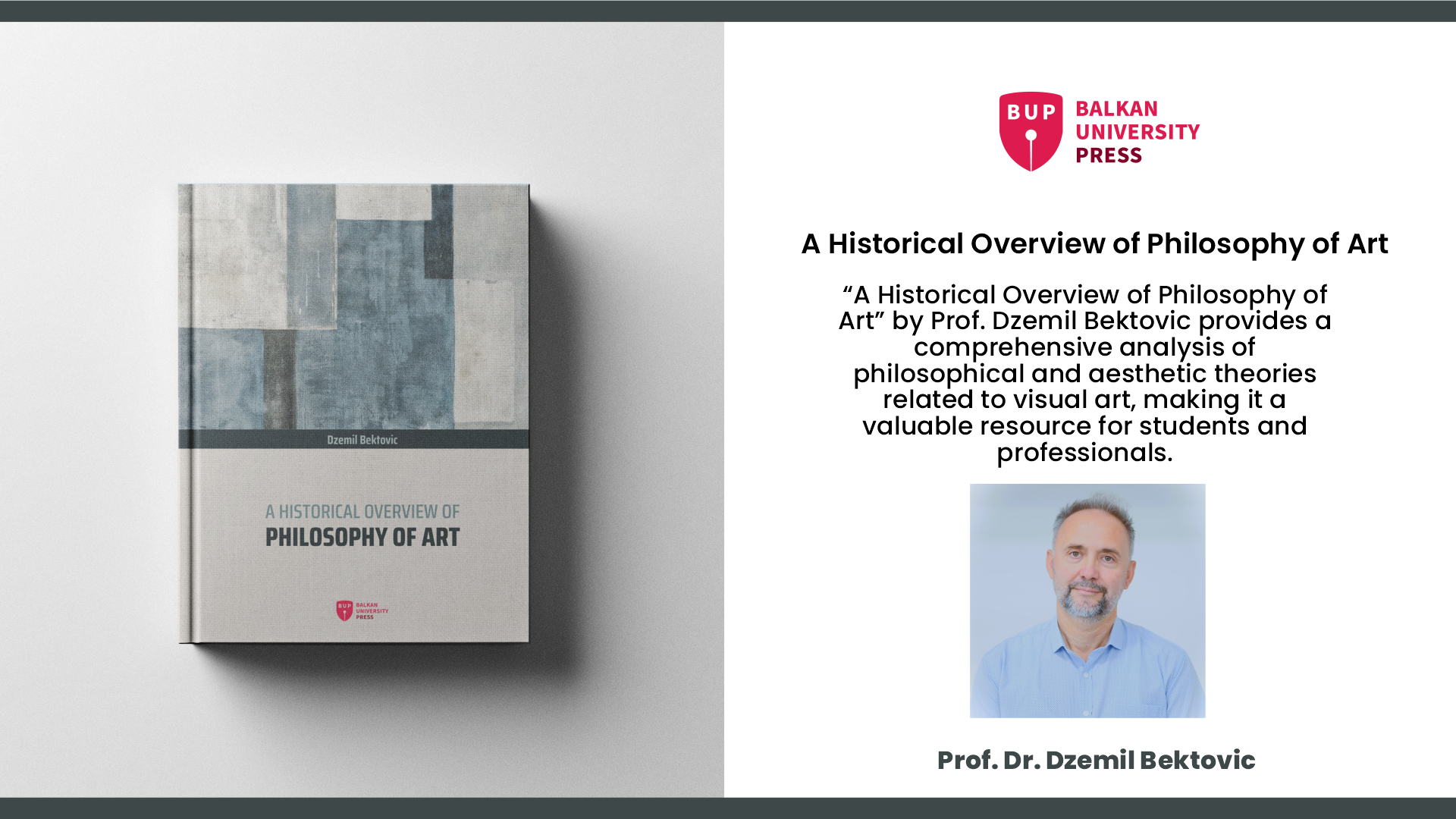
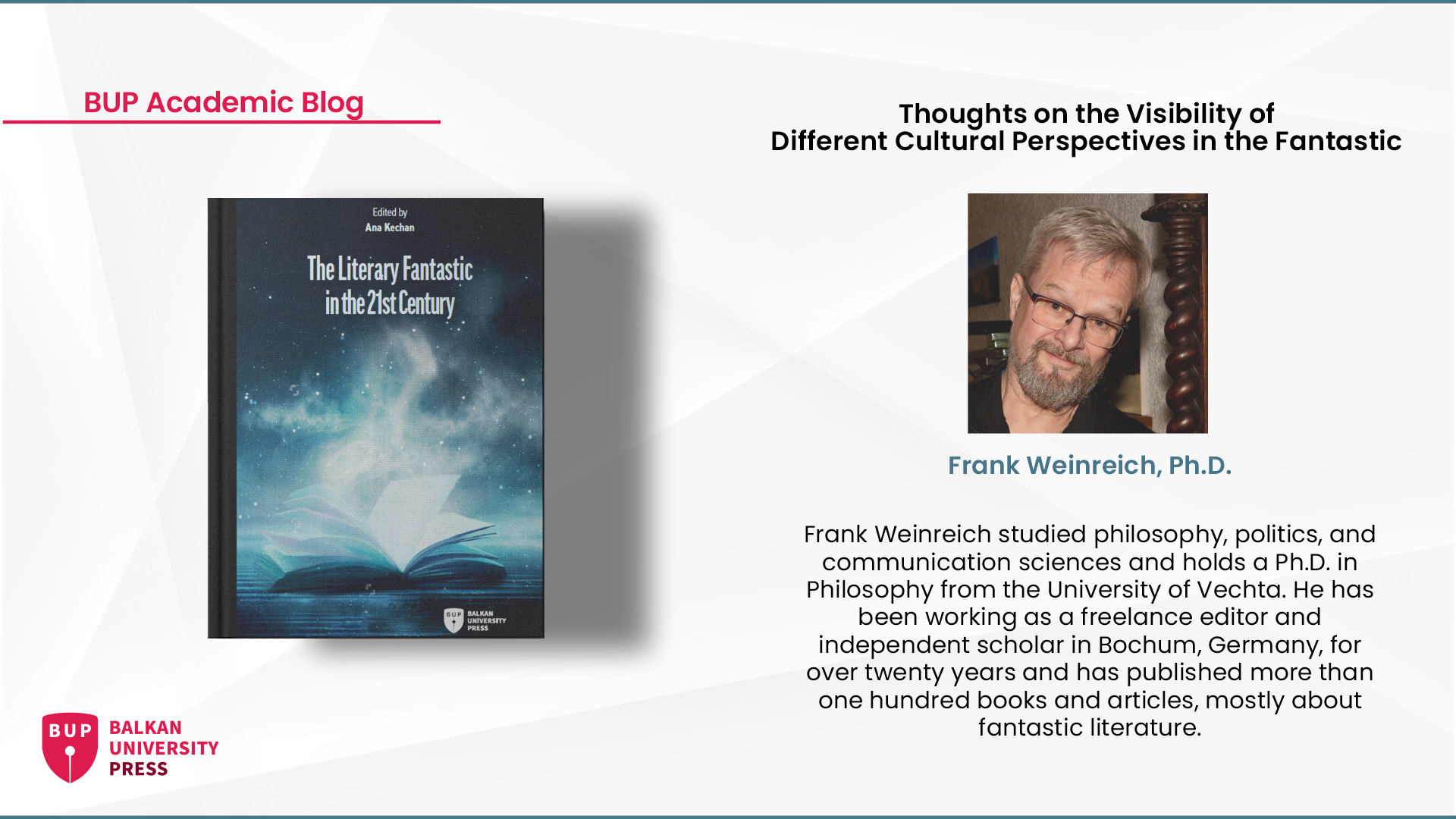
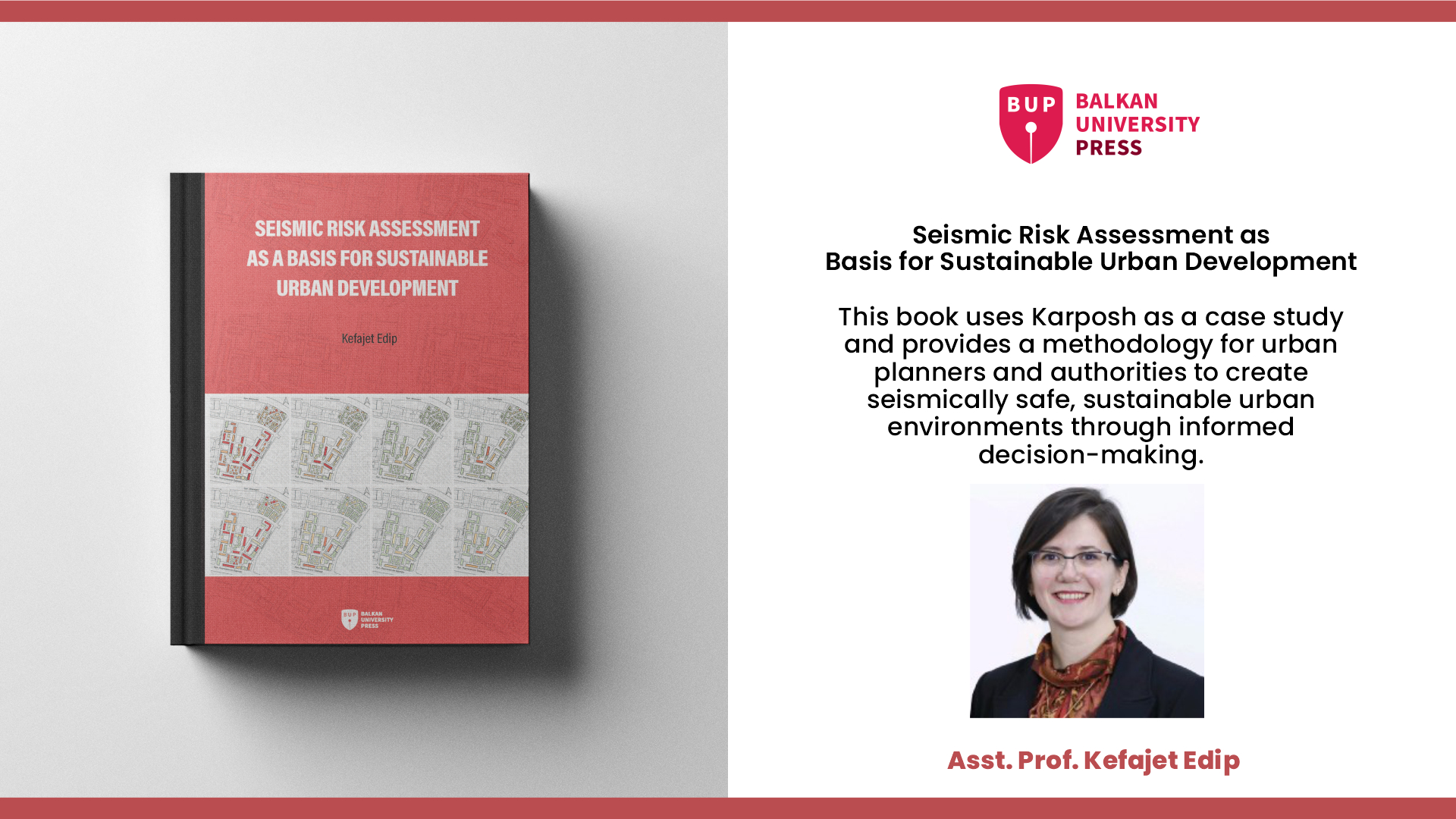



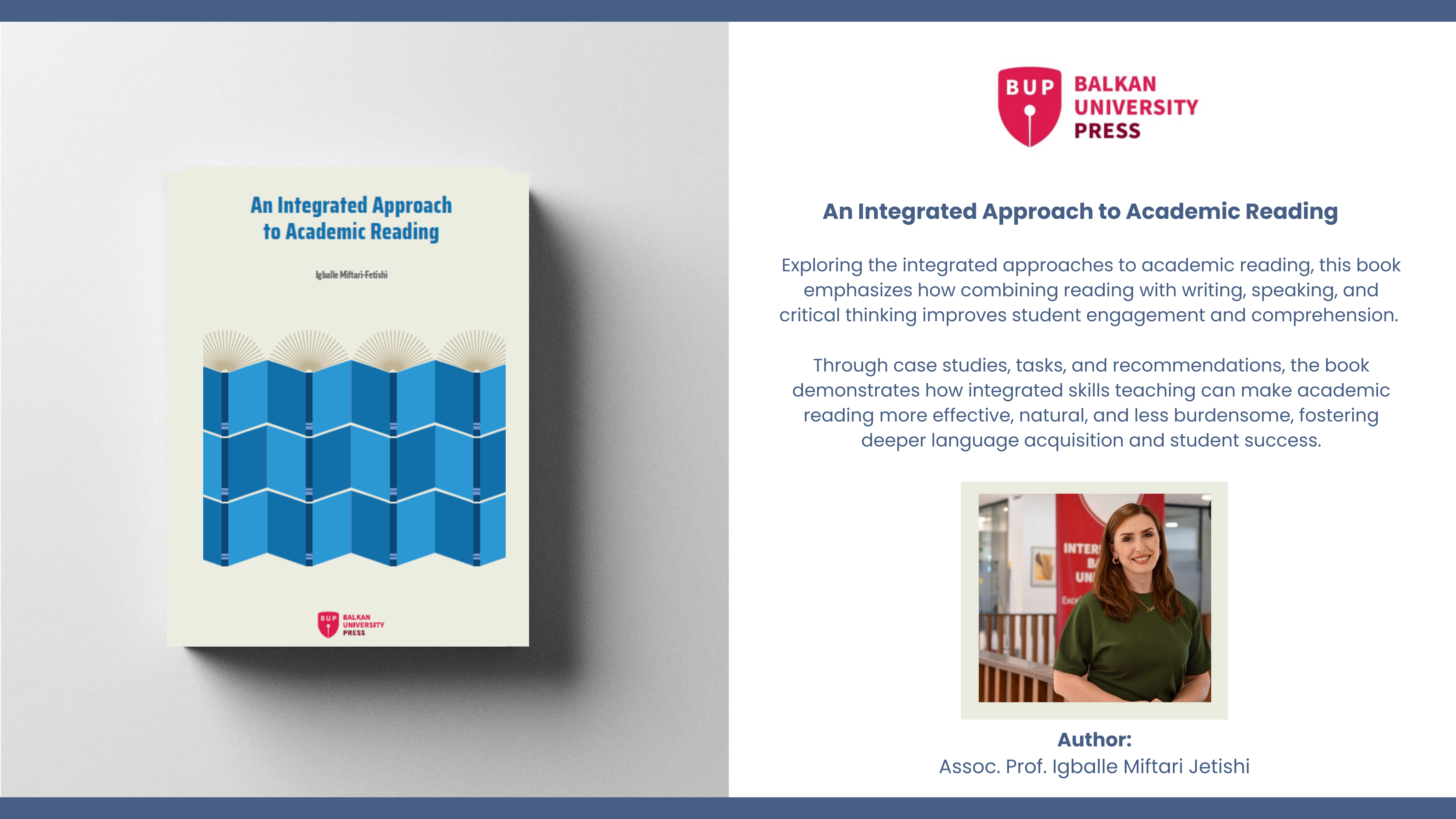
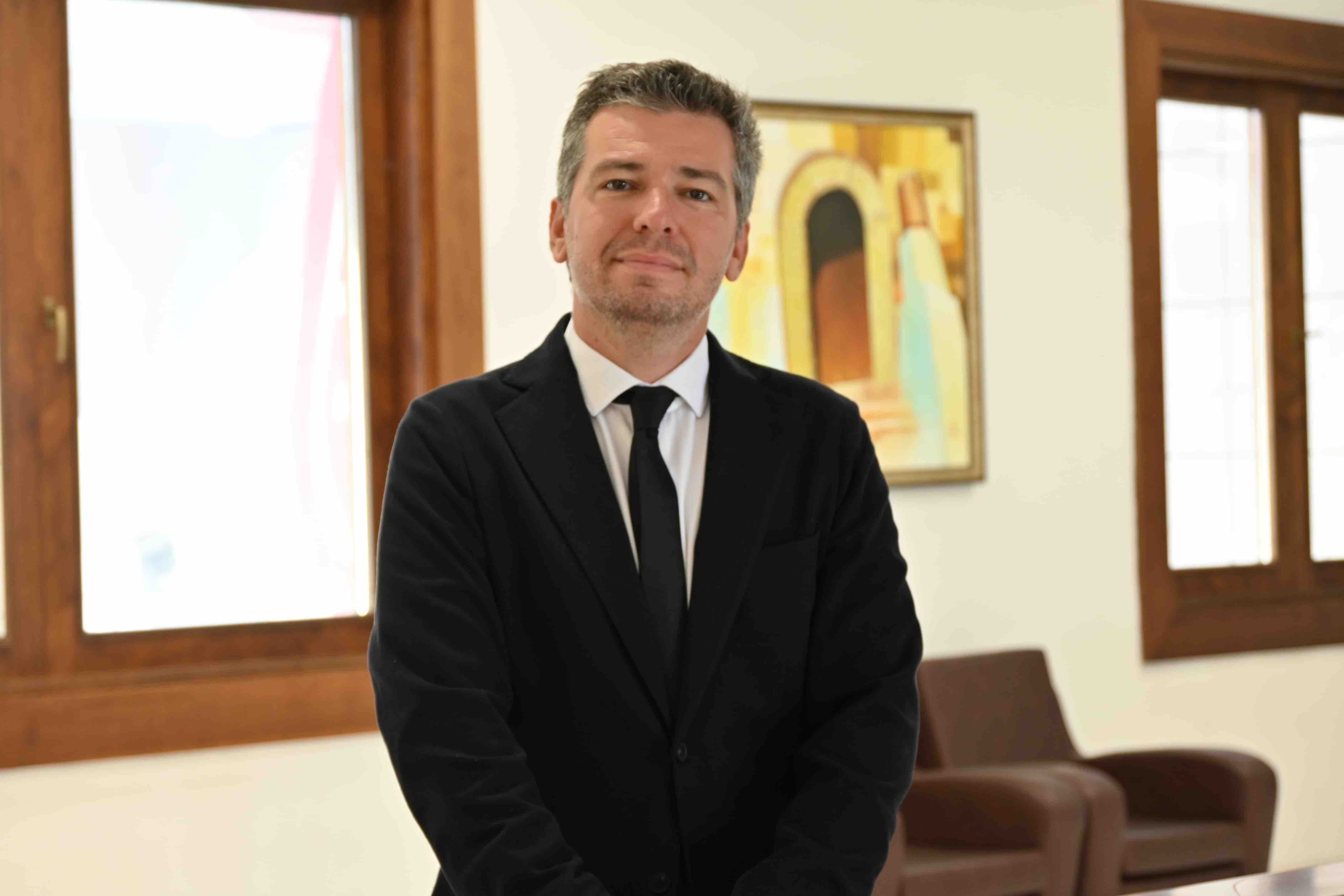

.png)
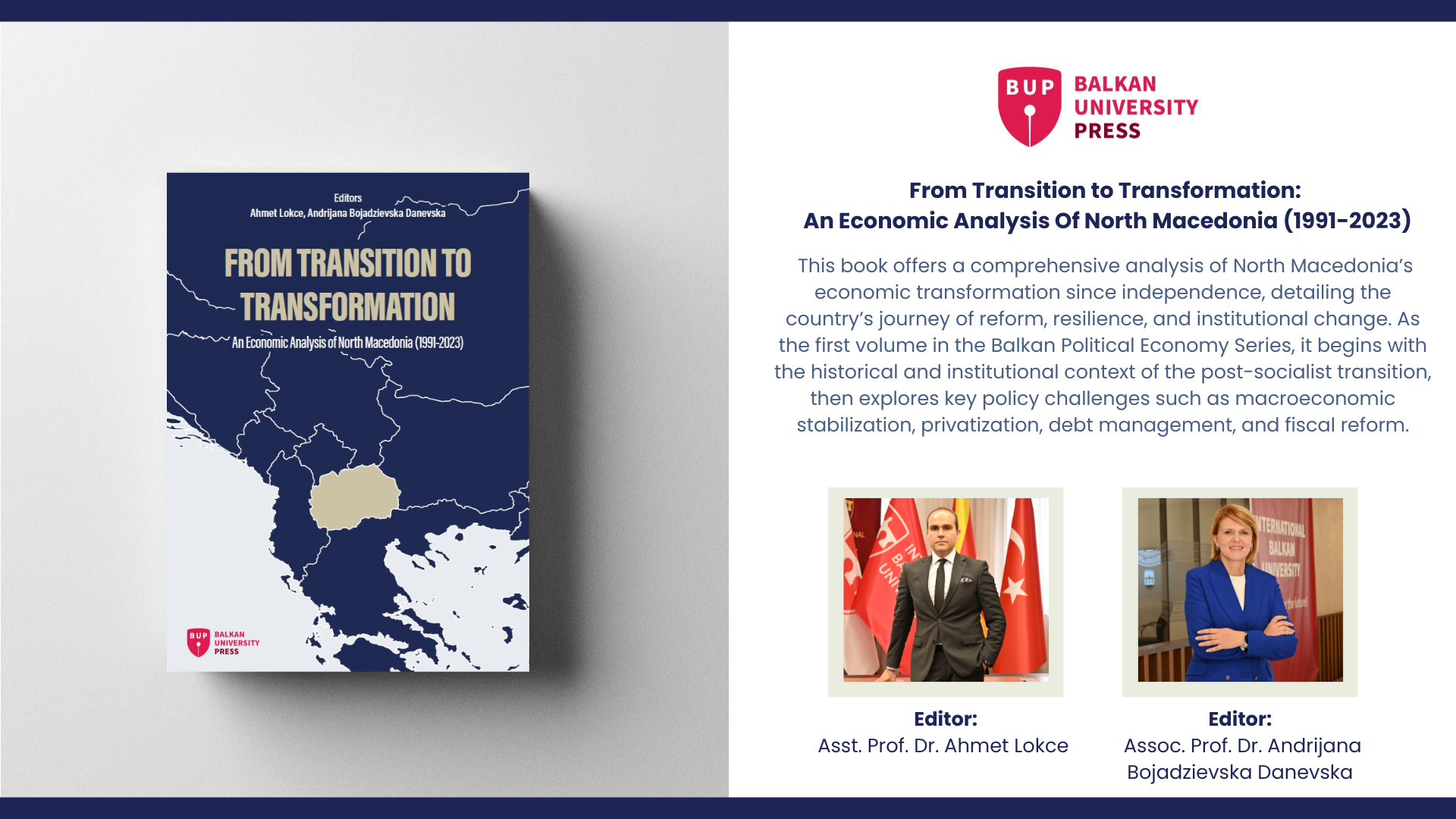


.png)

.png)
